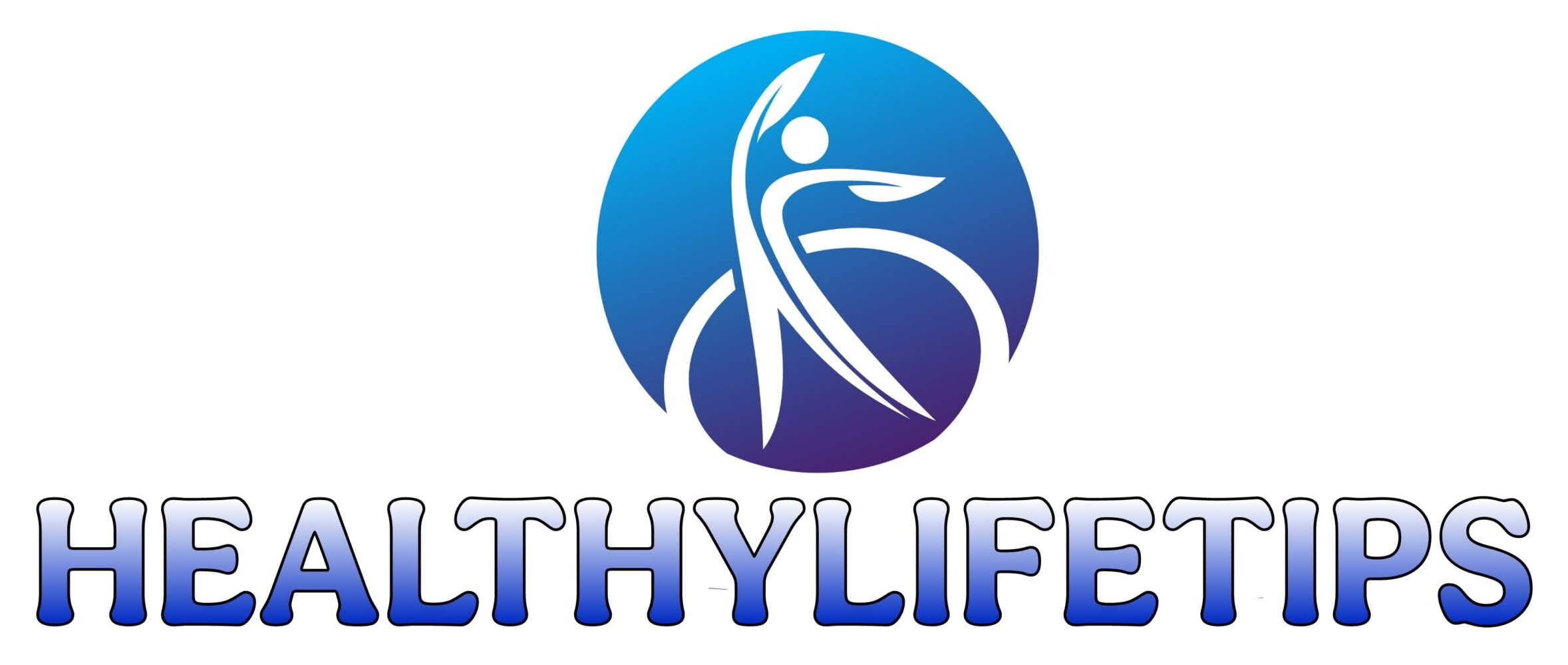
Extreme diets have drawn the interest of both health buffs and social media users, as many of them guarantee quick results. One such diet that has lately created waves is the egg diet, a program that has taken off once more and gained popularity for its simplicity and capacity to cause obvious weight loss in a short period. Originally called the “Wine and Egg Diet” by Vogue in 1977, it has become the go-to diet for people trying extreme weight loss. Although losing weight fast is a tempting concept, professionals caution that the egg diet carries some health hazards. Notwithstanding the health issues, many people—including influencers and celebrities—have approved the strategy since it seems to be successful in generating quick results.
Usually following the egg diet entails avoiding other high-calorie, high-carb items and eating eggs as the main dietary source. Many times, this program is regarded as a low-carb, high-protein diet. The egg diet’s basic premise is that eggs are high in protein, which is necessary for fat loss and muscle upkeep. They also have somewhat low calorie counts; one big boiled egg has over seventy calories. Though many have lauded the egg diet for its purifying properties as well, supposedly helping to clear the body of toxins due to the protein and beneficial fats found in eggs, it is not only about weight loss.
Broken down by the phases and advised foods, below is a thorough summary of a normal 14-day egg diet plan. Anyone intending to follow the egg diet can find great guidance in this table, which also provides an understanding of how this diet operates and possible outcomes.
Important Note: The following table illustrates a 14-day egg diet plan:
| Title | Category | Details |
|---|---|---|
| Day 1-3 | Phase 1: Initial Detox | Consume 3-4 boiled eggs per day with green tea. Avoid sugary drinks. |
| Day 4-7 | Phase 2: Fat Burning | Increase egg intake to 5-6 eggs daily. Add vegetables such as spinach. |
| Day 8-10 | Phase 3: Lean Muscle | Combine eggs with lean meats (chicken or turkey). Add fruits like berries. |
| Day 11-14 | Phase 4: Maintenance | Incorporate moderate carbs such as oats or sweet potatoes alongside eggs. |
| Week-long focus | Hydration | Drink plenty of water to support metabolism and overall detoxification. |
| Recommended Supplements | Optional | Multivitamins or fish oil can be added to ensure nutritional balance. |
The egg diet has several negative effects even if it presents a possible quick remedy. To operate at its best, the human body needs a range of nutrients, so, limiting yourself to just eggs may cause nutrient deficits over time. Health professionals stress that the egg diet should only be used temporarily and that before beginning such a rigorous program, one should see a medical practitioner.
The egg diet is becoming trendy among social media users and dieters since it has even received support from well-known celebrities in recent times. For a similar, severe form of the egg diet, prominent Pakistani actress Nimra Khan claimed to have dropped 8 kg in just seven days. Her success tale went like wildfire on several media, piquing interest in the diet and exciting people. Experts warn, meanwhile, that fast weight loss—especially in such severe forms—may be harmful for one’s health. Losing weight too fast could cause muscle loss, dehydration, and a reduced metabolism, which makes long-term weight loss more difficult.
The calorie deficit this diet generates might also be the reason some people find it effective. Though high in nutrients, eggs have a low calorie count. Combining this with the decrease of other food sources results in a negative energy balance, whereby the body burns fat to satisfy its demand. The egg diet could seem like the perfect answer for individuals trying to drop a few pounds rapidly. Long-term weight control success, however, really requires a sustainable and balanced diet paired with consistent exercise.
Furthermore, the rigorous schedule of the egg diet plan could provide difficulties for people who struggle to follow boring food regimens. The egg diet mostly lacks the diversity of foods usually connected with balanced nutrition, such as fruits, whole grains, and healthy fats. Moreover, the social component of food is sometimes disregarded in this diet since many people would find it challenging to eat out or enjoy meals with others while following such a rigorous schedule.
Furthermore raising questions is the consumption of cholesterol in an egg-based diet. Although eggs have been unfairly vilified in the past for their cholesterol content, most people’s blood cholesterol levels are not much affected by their dietary intake, according to studies. Those with pre-existing cardiac diseases or high cholesterol, however, should exercise caution while adhering to this kind of diet.
The egg diet also fits a rising trend in popularity of other extreme diets. Particularly among those seeking quick results, the carnivorous diet—which emphasizes mostly animal goods like meat, fish, and eggs—has attracted a lot of interest. Like the egg diet, the carnivore diet dramatically reduces carbohydrate intake, therefore pushing the body to rely on fats and proteins for energy. These diets can come at the expense of long-term sustainability and health even if they might produce quick weight loss.
Although the egg diet could provide short gains for people trying to quickly shed weight, long-term weight control calls for more than simply fads. The best strategy to keep a good weight and general well-being is instead a balanced approach combining correct eating, frequent exercise, and lifestyle adjustments. If one is thinking about the egg diet, moderation and conscious eating should be given first priority to help to prevent any health hazards.
Ultimately, the egg diet is not without hazards, even if it is a quick and easy approach to shedding weight. For those trying to lose a few pounds, it may offer quick results; still, people should approach it carefully and see a doctor before making any drastic dietary modification. Furthermore, sustainable weight loss depends on a whole approach to health, including balanced eating, physical exercise, and general well-being rather than only nutrition.
